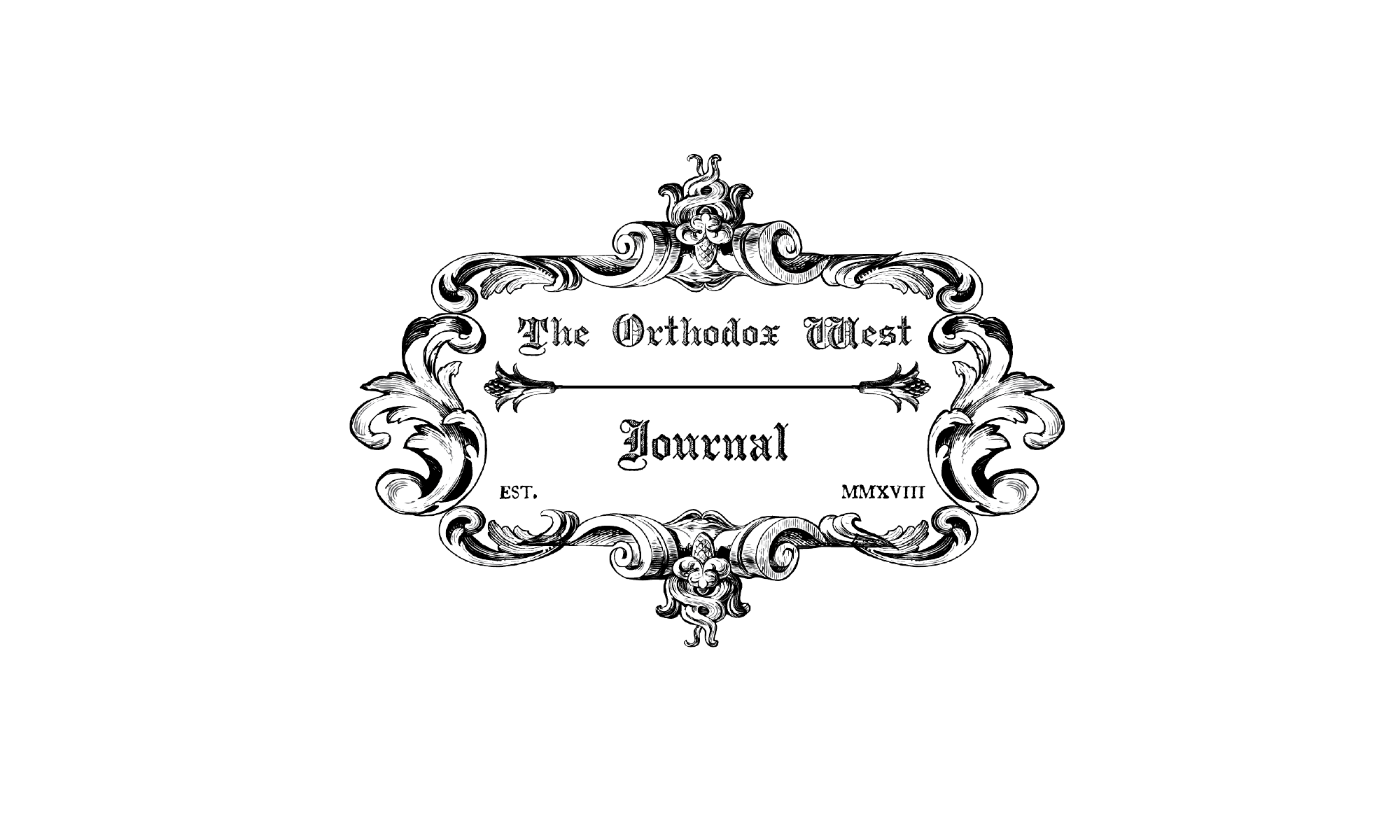This essay is an edited version of “Forming the Soul”, which appeared in The Orthodox Word Vol. 19 #1-2, 1983, St. Herman of Alaska Brotherhood, Platina, CA.
By the Sisters of St. Xenia Skete
To come to Orthodoxy from the world of today is to come from emptiness to riches, from shallowness to depth, from shams to a reality so all-encompassing that it can, at times, leave one quite uncertain as to the possibility of existing both in the Church and in the “real” world.
Continue reading “Forming the Soul With Western Culture”